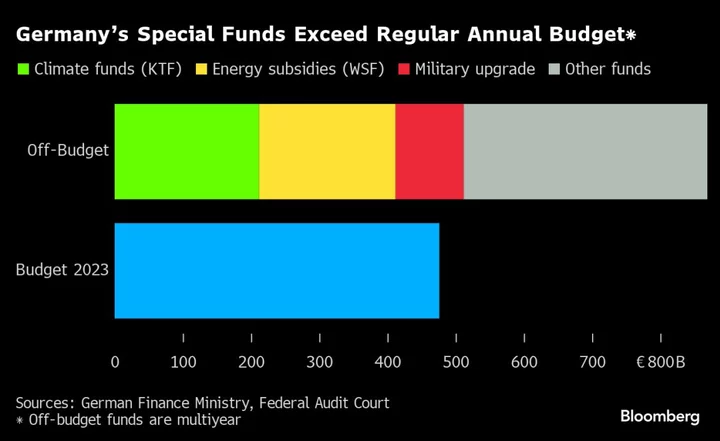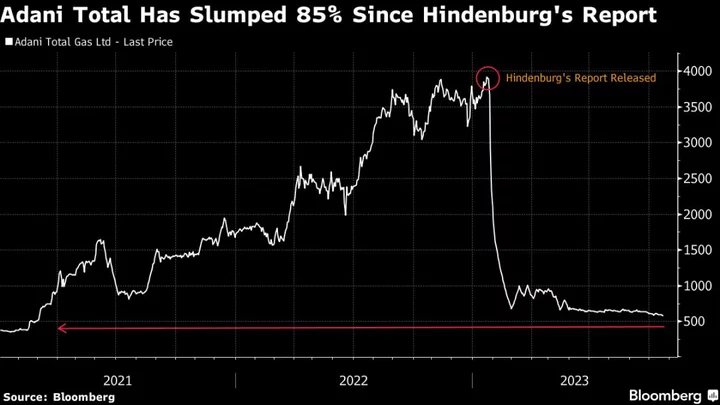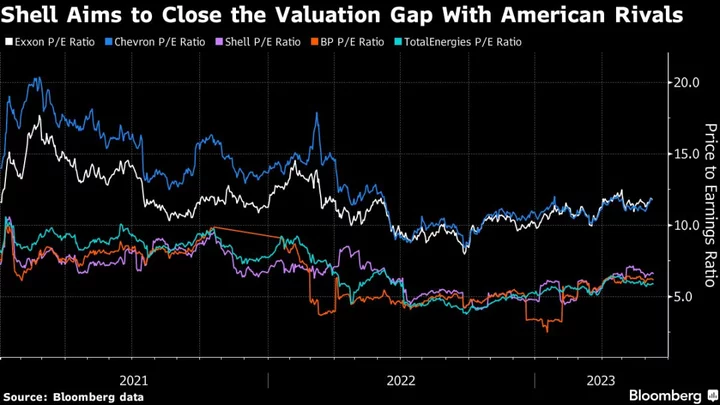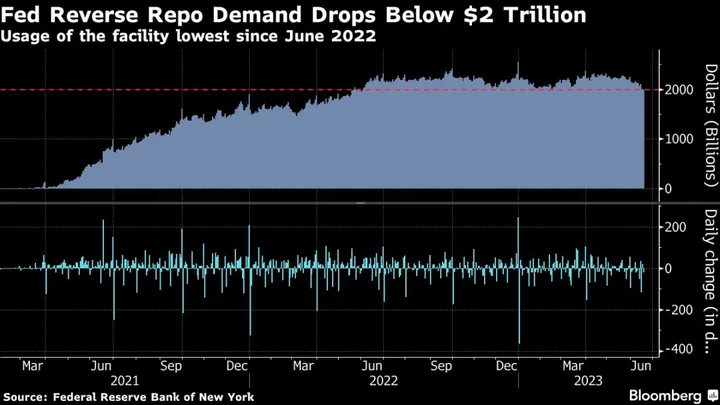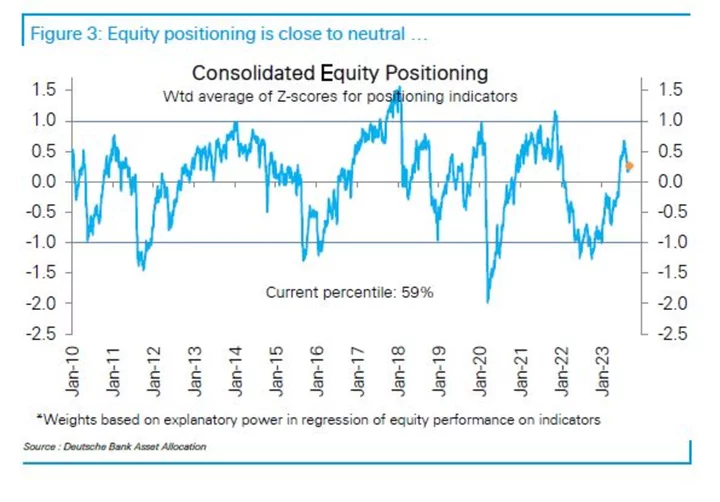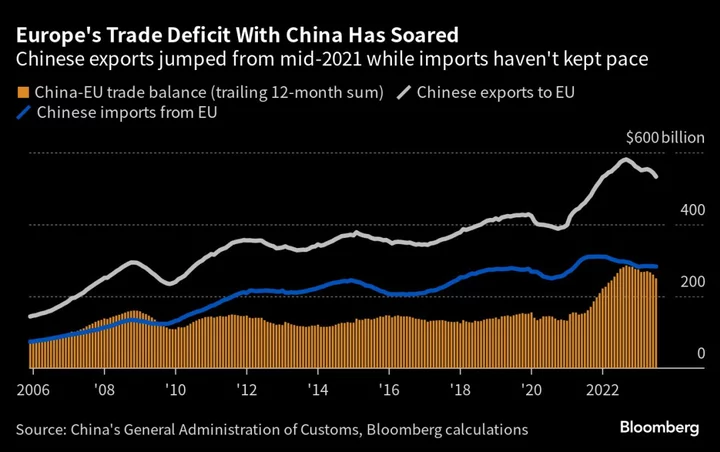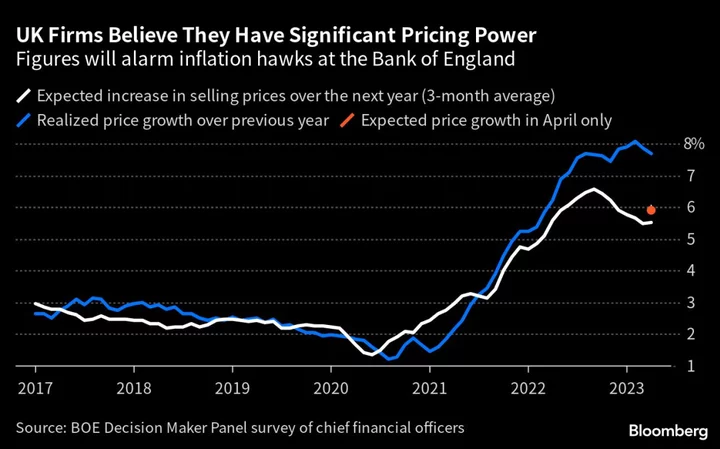Germany’s economy may grow next year by less than half the pace it could otherwise have achieved as the government reacts to a constitutional court ruling, Bloomberg Economics says.
The judgment against the transfer of €60 billion ($65.5 billion) into a special fund for climate-related spending has cast uncertainty over several large investment projects and threatens a corresponding effect on output, economist Martin Ademmer wrote in a report on Thursday.
“This could reduce gross domestic product growth by 0.5 percentage point next year, jeopardizing the gradual recovery after the downturn in 2023, and adding considerable downside risk to our 2024 forecast” of 0.9% for the year, he said.
With the Bundesbank reckoning that Germany may now be in a recession, the projection raises the prospect that what could have been a stronger cyclical pickup — after frailty induced by an energy crisis and weak global demand — might now be drastically restrained by fiscal policy.
Economists have struggled to deliver anything more than tentative verdicts since the ruling last week plunged Chancellor Olaf Scholz’s three-way coalition into crisis.
Speaking on Wednesday, Katharine Neiss, chief European economist at PGIM, offered a more optimistic take, accompanied with caution about what remains a “fluid situation.”
“My gut reaction to this is that, at least from an immediate macro perspective, that this is not really going to shift the dial,” she said on Bloomberg Television.
By contrast, Ademmer’s downbeat view isn’t just limited to next year.
“If the government doesn’t find alternative ways to finance its spending plans, things could get even uglier in 2025,” he said.
--With assistance from Kamil Kowalcze.

